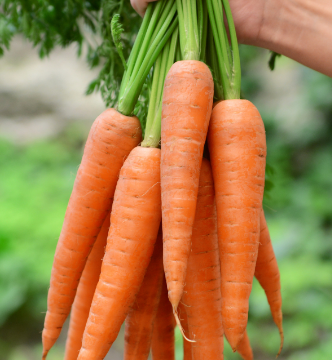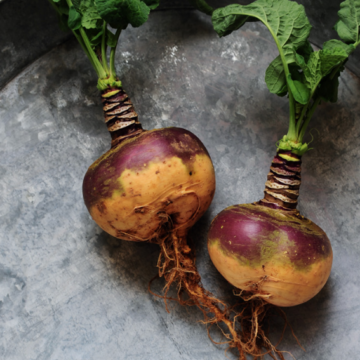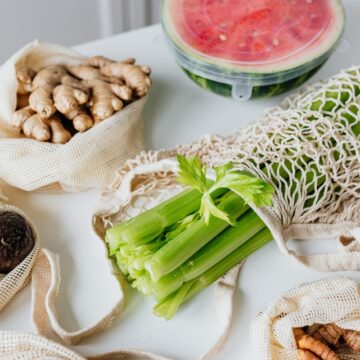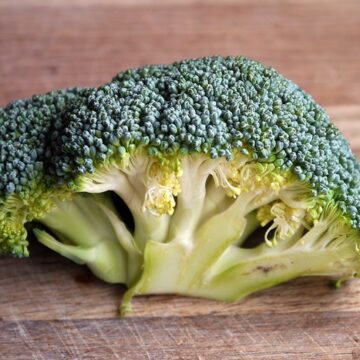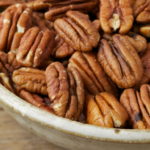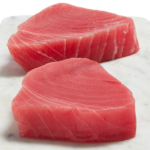You might be wondering whether you can give your dog a piece of cucumber. Luckily, this vegetable is high in vitamins and minerals. You may even find that your dog will eat more cucumbers if you give it small pieces.
However, you should still take care to avoid giving your dog a whole cucumber because it can cause choking. Instead, cut it up into smaller pieces and serve it to your dog with a small portion.
What is cucumber?
Cucumber is an edible plant that grows as a creeper. It is a member of the gourd family. While cucumbers are low in nutritional value, they are widely used in salads and pickles.
The vines from which they grow produce flowers that eventually become the cucumber fruit. Cucumbers are widely grown in both greenhouses and fields.
To learn more about cucumber nutrition, read on.
Cucumbers fall into two main categories: a fruit and a vegetable. Cucumbers are classified as fruit and vegetables because they contain seeds. According to National Geographic, a fruit is developed from a flower, while a vegetable contains seeds.
They are also classified as seeded or seedless. In this way, you can know what kind of cucumber you’re eating by the type of seeds it contains. Cucumber seeds are also useful for growing future cucumber plants.
Cucumbers are edible, but their botanical classification as a fruit is a little murky. While they are classified as a vegetable, they are technically considered a fruit by the horticultural industry. In the western world, cucumbers are sold in stores as a vegetable, although the horticultural industry classifies them as both.
Cucumbers are a perennial herb that grows from a flower, and they are considered to be a vegetable.
In addition to containing antioxidants, cucumbers also contain a lot of fiber. Fiber is important for regularity, and it helps prevent constipation. They also contain vitamin K, which helps clot blood, and vitamin A helps protect the eyes, the immune system, and the reproductive organs.
Additionally, cucumbers contain beta carotene, which fights free radicals that damage cells. Cucumber is a great addition to your diet!
Nutritional benefit of cucumber to a dog’s diet?
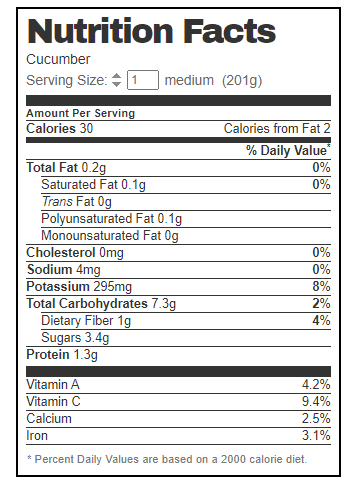
Aside from providing valuable vitamins and minerals, adding a slice of cucumber to your dog’s diet also offers a number of other health benefits. Compared to dog biscuits, which can have up to 40 calories per serving, a half cup of cucumber only contains about eight calories.
Additionally, cucumber contains phytonutrients and phytochemicals that prevent bad breath and fight inflammation. However, before you give your dog a slice, make sure that you wash it well.
Apart from their high water content, cucumbers are beneficial for dogs with a high sodium level. This means they can be used as a hydrating food to prevent dehydration and constipation.
Cucumbers also contain a high amount of vitamin K, which promotes healthy bones and joints. Cucumbers are also a good addition to a dog’s diet when they are teething.
Cucumbers can be given to a dog in the form of treats, yogurt, or cottage cheese. However, you should not feed your dog with a whole cucumber as it may get stuck in its digestive system.
In order to avoid this problem, introduce your dog to a few slices at a time. Before giving your dog a full cucumber, make sure you wash the vegetable thoroughly so it doesn’t get contaminated with pesticides.
In addition, don’t forget to cut the cucumber into thin slices, so that your dog does not get a bad reaction to it.
Too much cucumber can also cause digestive upset, including diarrhea, gas, and vomiting. Regardless of its beneficial properties, it is a good idea to keep the serving size low so that your dog doesn’t get a sugar crash.
One of the most beneficial benefits of adding a cucumber to a dog’s diet is the presence of manganese. Manganese is an essential nutrient for a dog’s body, and can help support liver, kidney, and muscle function.
In addition, it can help protect against excess copper. Cucumber also contains trace amounts of zinc, calcium, and iron. These nutrients help your dog’s immune system and promote bone growth.
How do you prepare cucumber for a dog?
Cucumbers can be a great snack for your dog. Cut the cucumber into slices or chunks and give it to your dog. The skin of cucumbers isn’t toxic, but your dog may be choking on it.
Be sure to wash the cucumber well and remove the plastic wrap before giving it to your dog. Cucumbers are a fruit, and the skin contains a large amount of the vegetables’ vitamins and minerals.
Although cucumbers are low in sugar, fat, and salt, they contain a large number of beneficial nutrients. Aside from substantial amounts of vitamins and minerals, they have anti-inflammatory properties.
While these nutrients are present in relatively small amounts, they are important for your dog’s overall health. So, when giving your dog a cucumber as a treat, be sure to give them a small piece of cucumber and monitor his behavior closely.
Cucumbers are safe for dogs when they’re small, and they can even eat it whole! Just be sure to cut it into small pieces because larger pieces will be swallowed by a dog with a sensitive throat. For the same reason, don’t give your dog a whole cucumber, as this can cause choking and other digestive problems.
If your dog can’t tolerate the taste of the cucumber, consider feeding it to a smaller dog.
Cucumbers are also high in fiber, so they may be beneficial for your dog’s health. Cucumbers can also aid in the treatment of digestive disorders, such as constipation. Besides being high in fiber, cucumbers also contain flavonoids, which may protect nerve cells and improve memory function.
However, you need to be careful not to give cucumbers to dogs as a snack, as it may pose a choking hazard. Always cut the cucumbers into bite-sized pieces, or it could end up in a disaster.
Cucumbers are also safe for dogs if prepared correctly. Always be sure to buy organic produce as it’s much safer and healthier than non-organic ones. In addition, organic produce is cleaner and better for the environment. So, if you’re considering feeding your dog cucumbers, be sure to choose organic produce.
This way, your dog can get the nutrients and benefits of the vegetable while also enjoying its delicious flavor.
Is cucumber good for dogs?

If you have ever wondered, “Is cucumber good for dogs?” you’re not alone. Interestingly, dogs can eat cucumbers. Even the skin. This vegetable can be given to dogs as a treat or eaten whole as a food. Before giving your dog a piece, make sure it’s washed well and free of plastic wrap.
While some owners worry about the fibrous skin and pesticides, this fruit is safe for your canine companion.
Regardless of how you serve your canine companion, make sure not to feed them whole cucumbers. Not only is this risky for your dog, but it may also lead to digestive issues.
Try serving a small slice to start with, and make sure to peel off the skin before giving your dog a piece. You can increase your dog’s daily consumption of cucumber by slicing one medium-sized cucumber per day.
Cucumbers are low-calorie snacks that are great for your dog if eaten in moderation. While cucumbers contain around 96% water, they also contain vitamins and minerals. However, cucumbers can cause digestive problems if you feed them large quantities.
Make sure you ask your vet first before feeding your dog a cucumber. You may also want to give your dog a piece as a training treat or topper on a regular dinner.
Aside from being low-calorie, cucumbers are rich in fibre. Fibre promotes digestive health. And, being 96% water, they contain plenty of vitamins and minerals. Vitamin K is essential for bone health, and cucumbers also contain potassium, magnesium, and manganese.
They can also help with inflammation and blood sugar levels. In addition, cucumbers are also great for teething puppies. So, if your pup is looking for a healthy treat for his lunchbox, consider cucumber as an excellent choice.
In addition to its high fiber content, cucumbers have several health benefits for dogs. They improve the functions of the liver and kidneys. They also promote joint health and strengthen connective tissues.
However, you should always consult with your veterinarian before giving your dog a cucumber. If your dog is suffering from kidney disease, it may not be the best option. The nutrient content in cucumbers is only 10% of the recommended daily value for dogs.

